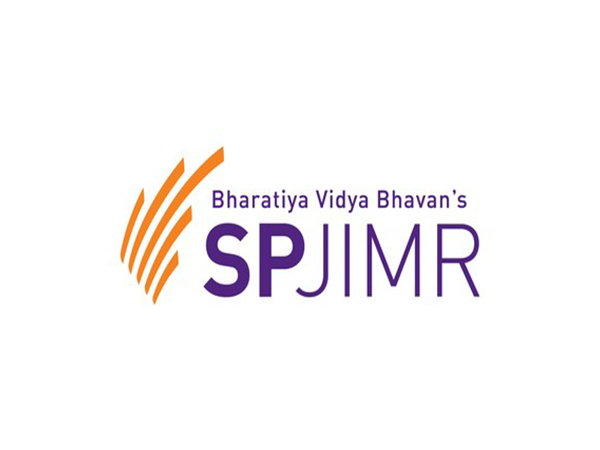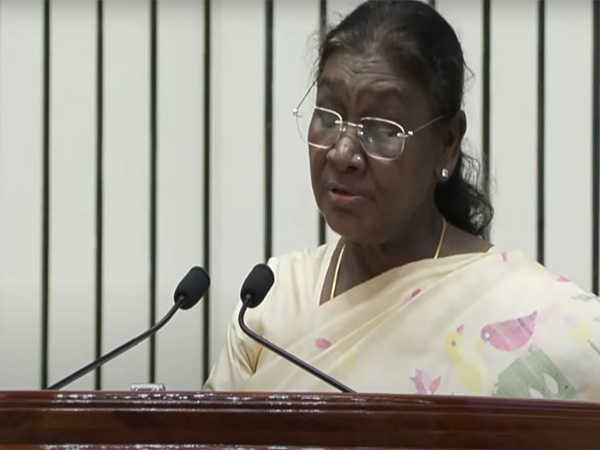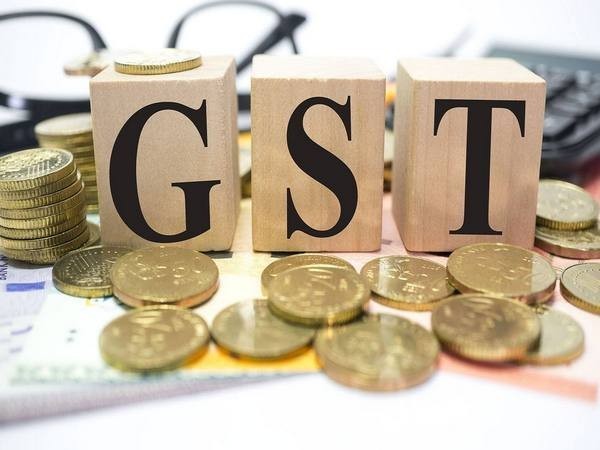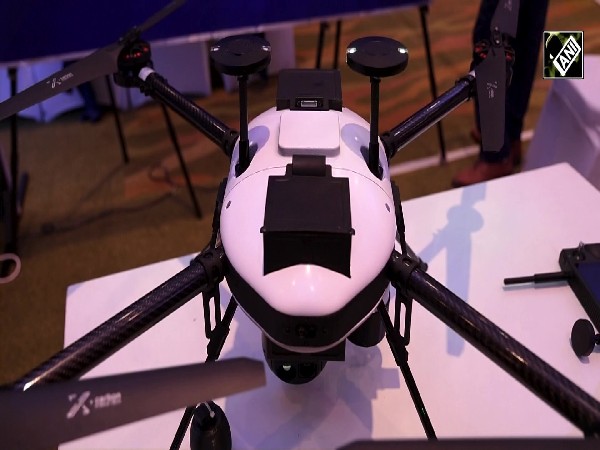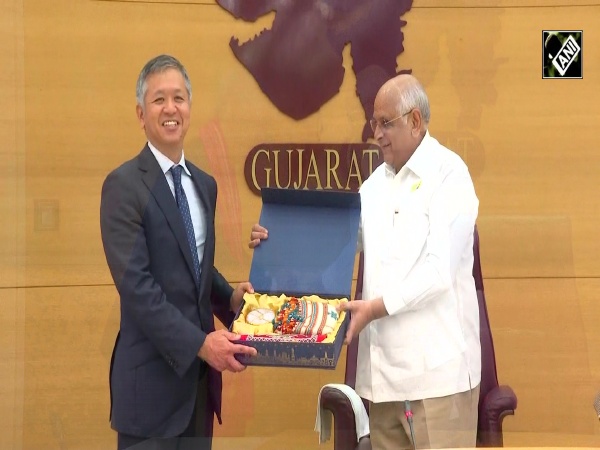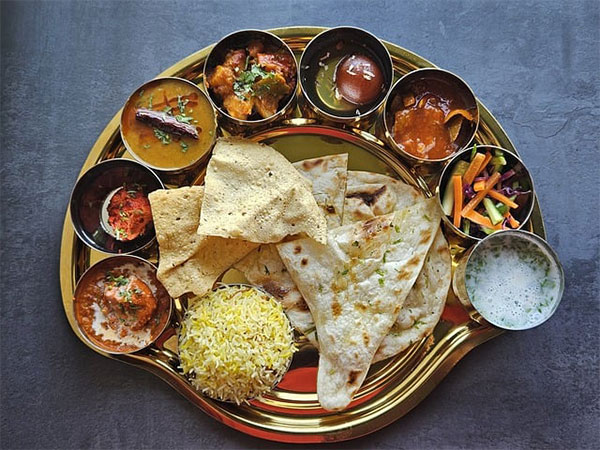
Per plate food cost in India moderated in August as inflation moderates
Sep 08, 2025
New Delhi [India], September 8 : Costs of home-cooked vegetarian and non-vegetarian thalis declined 7% and 8% year-on-year in August, respectively, in line with moderate commodity prices, according to Crisil Intelligence's latest Roti Rice Rate (RRR) report.
The decline in the cost of vegetarian thali was led by a sharp drop in the prices of onions, potatoes, and pulses.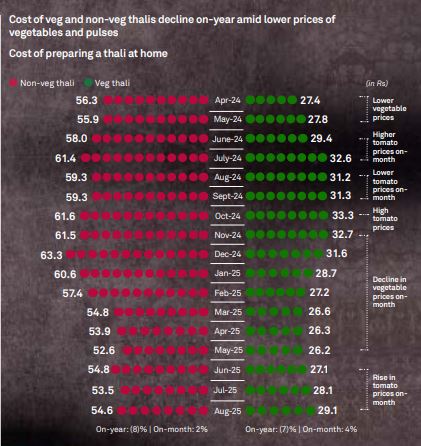
Prices of potato and onion, according to the report, declined 31% and 37% year-on-year, respectively, on a high base.
"In the year-ago period, potato production had shrunk 5-7% due to blight infestation and weather changes, pushing up the prices. This year the production is estimated to be 3-5% higher. For onion, an 18-20% rise in annual production has led to a fall in prices this year," it has been asserted.
Prices of pulses declined 14% year-on-year, driven by higher production and stock levels compared with the year-ago period.
Vegetable oil prices surged 24% year-on-year due to higher demand at the start of the festival season. Additionally, a 6% year-on-year increase in prices of liquefied petroleum gas cylinders limited the decline in the overall cost of thalis, Crisil argued.
The decline in the cost of non-vegetarian thali was driven by a 10% year-on-year drop in broiler prices, which make up about 50% of the cost.
"Lower vegetable and pulses prices also supported," it added.
However, on a month-on-month basis, the cost of vegetarian and non-vegetarian thalis both rose, 4% and 2%, respectively, in August.
"The rise in the cost of non-vegetarian thali was capped as oversupply of broilers kept their prices stable on-month despite a rise in demand with the conclusion of the Shravan month," it added.
The overall year-on-year moderation in food costs is in sync with the decline in the headline inflation numbers.
India's retail inflation, as measured by the Consumer Price Index (CPI), eased sharply to 1.55 per cent in July 2025 on a year-on-year basis, marking the lowest level since June 2017.
Food inflation, based on the Consumer Food Price Index (CFPI), dropped further into negative territory at -1.76 per cent in July, compared to -1.01 per cent in June. This marked the lowest level of food inflation since January 2019. The fall was attributed to a broad-based decline in prices of pulses and products, vegetables, cereals, eggs, sugar and confectionery, as well as transport and communication services.
Retail inflation data for August is due later this week, on Friday.


